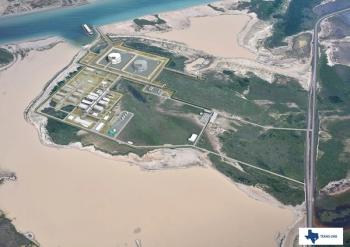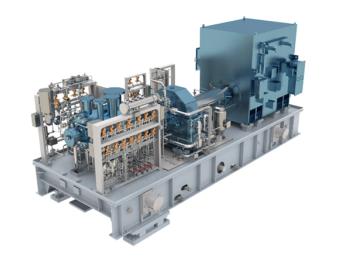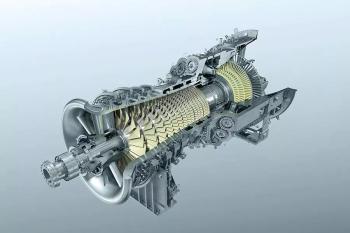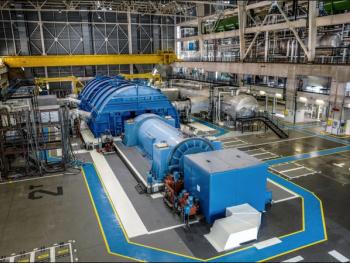
Equinor awards contracts for its H2H Saltend hydrogen plant project
The H2H Saltend project will enable fuel switching in 2026-2027, resulting in a CO2 emissions reduction of 1.1 million tons per year.
Equinor announced that Pre-FEED study contracts have been awarded to develop the 600 MW H2H Saltend low carbon hydrogen production plant, one of the world’s first at-scale facilities to produce hydrogen from natural gas in combination with carbon capture and storage.
The study will also be used to support the delivery of a further 1,200 MW of low-carbon hydrogen production. This hydrogen will be principally used to fuel the Keadby Hydrogen power station, which could be the world’s first large scale facility to use 100% hydrogen to generate power. These projects provide a combined hydrogen production capacity of 1.8 GW.
Equinor’s H2H Saltend hydrogen plant and Keadby Hydrogen power station, which is being developed in partnership with SSE Thermal, are Equinor’s first two UK hydrogen projects that support the wider ambition to decarbonise the Humber and develop the UK’s first net-zero industrial cluster by 2040.
“Equinor is dedicated to delivering Hydrogen to Humber and to contributing to the development of the UK’s hydrogen economy through the H2H Saltend project and then expanding that experience with the Keadby Hydrogen project. Producing hydrogen from natural gas with Carbon Capture and Storage (CCS) provides a practical, scalable solution to decarbonise a wide range of sectors that currently depend on fossil fuel,” says Dan Sadler, Equinor Vice President for UK Low Carbon Solutions.
The contractors will participate in a competition to provide design proposals, as well as a lump sum FEED and option for Engineering, Procurement and Construction execution and operations. The three selected contractors are KBR & Tecnimont consortium, Technip Energies consortium as well as Linde through its businesses at Linde Engineering and BOC UK. All have experience and relevant licenses with hydrogen, ammonia, and CO2 capture technologies. At the end of 2022 the plan is to select one of the consortia to move into the final stage of engineering (FEED) in preparation for a final investment decision in later 2023.
On 19 October 2021 the East Coast Cluster (ECC) was selected by the UK government’s Cluster Sequencing process as one of the first two Industrial Clusters to be CCUS enabled by the mid-2020s. The ECC will provide the critical CO2 transport and storage infrastructure required by the Humber hydrogen projects.
The H2H Saltend project will enable fuel switching in 2026-2027, resulting in a CO2 emissions reduction of 1.1 million tons per year. Thereafter Equinor plan to supply hydrogen to Keadby Hydrogen power station, expected to start-up in 2028-29 with a resulting CO2 emissions reduction of close to 2 million tons per year.
Newsletter
Power your knowledge with the latest in turbine technology, engineering advances, and energy solutions—subscribe to Turbomachinery International today.




